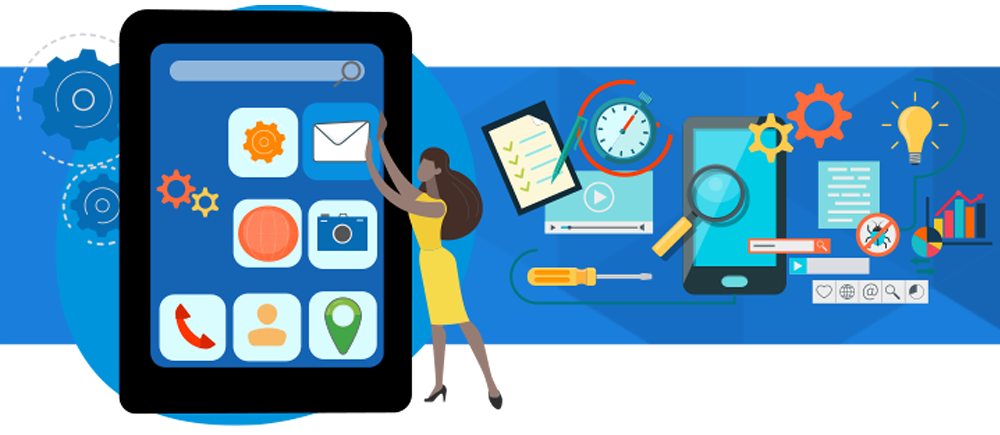I work with many folks who are in the process of procuring software, and I've also been on the flip side of that as a decision-maker looking to adopt new technologies. I know how tempting it can be to go with the lowest initial cost when selecting a software service, however, it is essential to remember that safety and compliance software is an investment. To help you navigate the software purchasing decision process, I've compiled a list of key points to consider before selecting your final solution.
- Is it easy to use at all levels?
Be sure the organization values the importance of an easy-to-use interface and the user's experience throughout the application. Systems that look simple to use upfront can often prove to be more difficult as tasks become more complicated. Difficult to use systems result in reduced adoption, user frustration, and poor data acquisition.
- Can the system grow with your organization?
Long-term planning is essential. As safety and compliance needs expand in scope, it's likely that your safety programs will too. The system you select needs to accommodate usage increases without sacrificing quality, so be sure to ask vendors about the associated costs of growth.
- Are you able to get the data you need when you need it?
Many systems collect data, but providing rapid access and data filtering to create specific reports like those an auditor might request is crucial. A system should provide reports at multiple levels and have built-in compliance reporting and ad hoc capability. Consider also how the system will handle large quantities of collected information. Is it capable of comparing data and trends over multiple years?
- Does the vendor offer mobile solutions?
With the number of mobile devices in use today, it's no surprise employees use these devices to perform work-related functions. For your organization's best success, choose a vendor with a mobile-first strategy. Mobile apps help eliminate duplicative work and dramatically increase your operation's efficiency. A vendor that invests in mobile technology is likely to continue to leverage technology in progressive ways that solve your users' business problems.
- Does the vendor have a forward-thinking technology strategy?
Technology evolves rapidly, and you need a vendor that demonstrates a clear vision for deploying new technologies into their products. Ask your prospective vendor about their plans for implementing emerging technologies like Artificial Intelligence (AI), Internet of Things (IoT), and Drones.
- Does the vendor have a product enhancements strategy?
Regulations evolve, causing business needs to change. Your priorities for a software service today will change over the coming years. You need a vendor that frequently invests in product improvement, demonstrates product maturity, understands the health and safety industry, and has a vision to solve your business problems now and in the future.
- Does the vendor offer a 100% cloud hosting strategy?
Cloud hosting has been around for the better part of eight years and boasts many advantages, including better performance, high availability and uptime, and robust disaster recovery. When purchasing software as a service, you need a high-performance, fast, accessible system that provides a minimal chance of data loss from a user's perspective.
- Does the vendor have a cybersecurity-first strategy?
Cyber-attacks pose one of the most significant threats to an organization's data assets. Evaluate vendors based on the following cyber criteria: (1) tools used to ensure the highest security and quality of code, (2) the size of their cybersecurity team, (3) vendor cyber policies, (4) frequency of cyber risk assessments performed by a third party, and (5) disaster recovery plan and type of insurance protection offered in the event of a cyber-attack.
Author

Diana Cox
Associate Director of Business Development and Strategy
Risk and Safety Solutions

